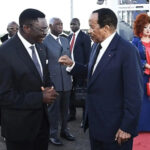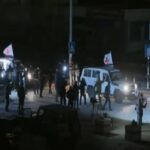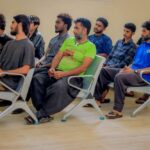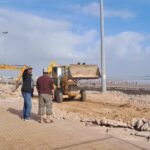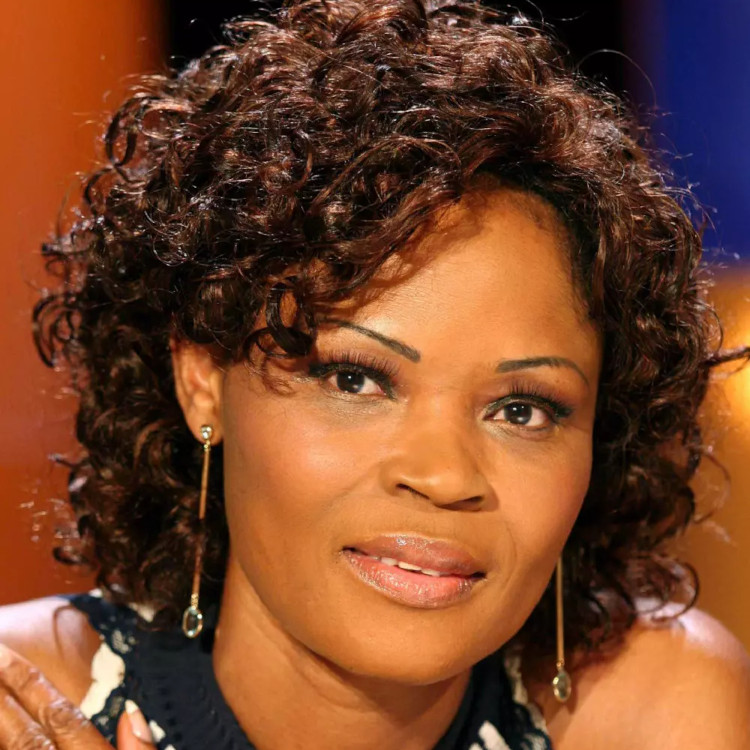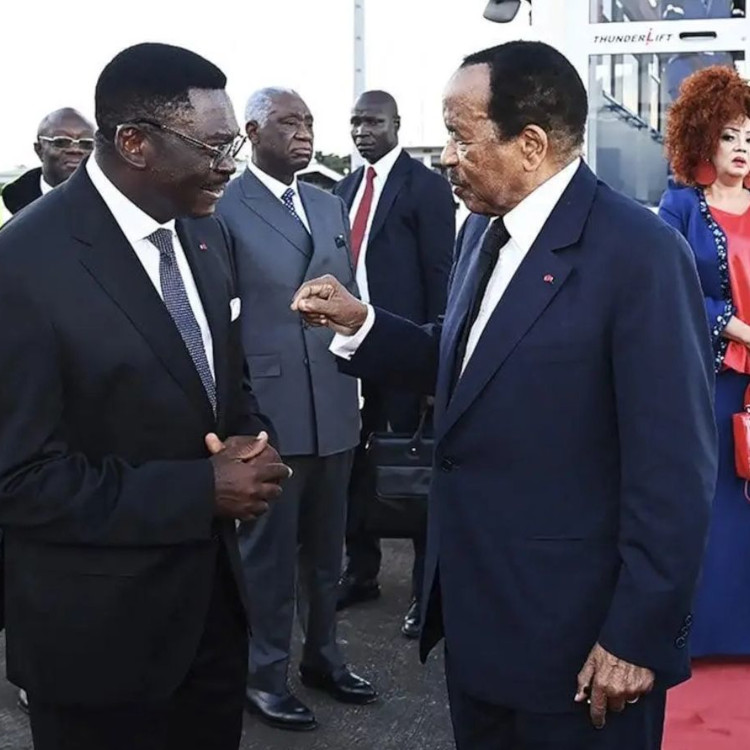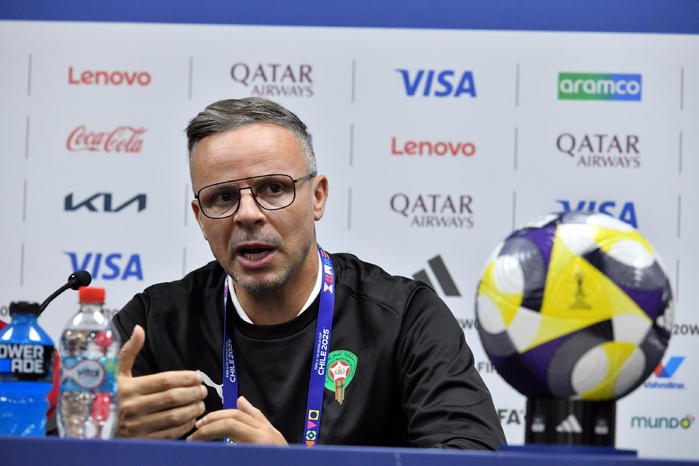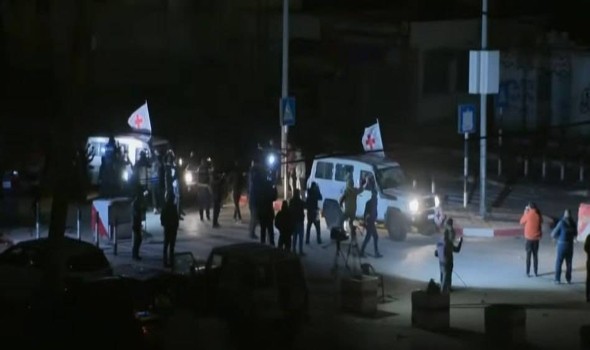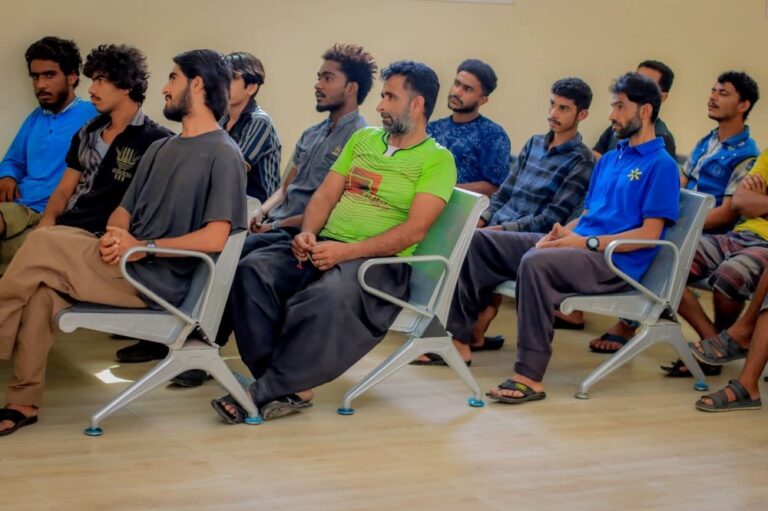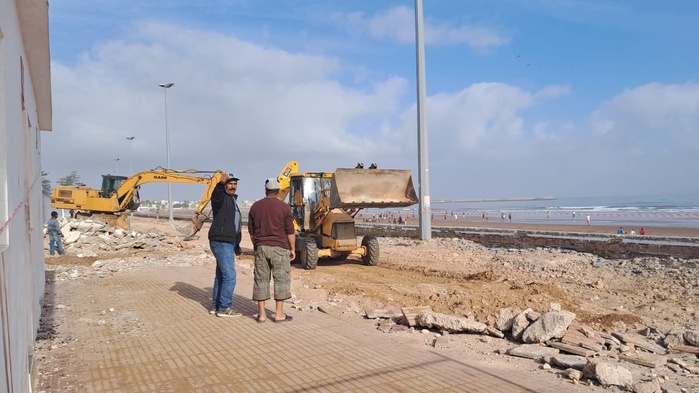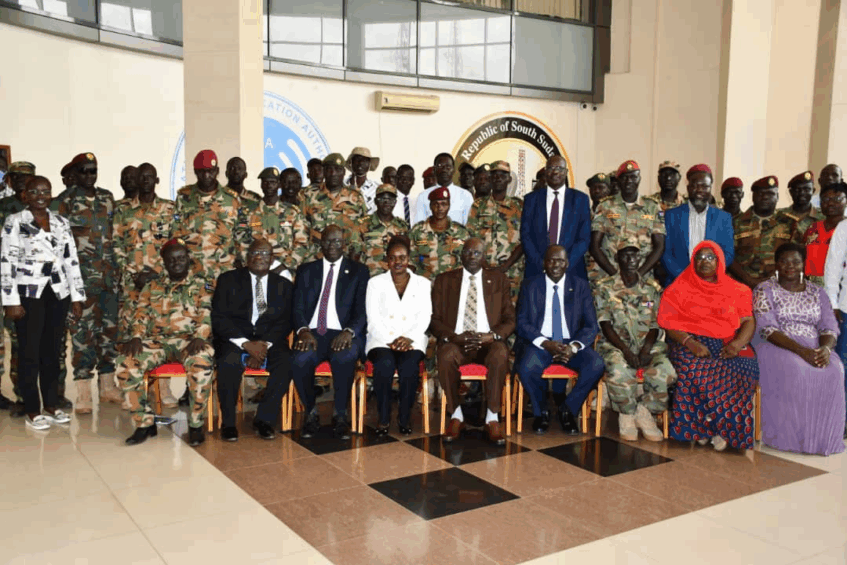
Author: Michael Daniel | Published: 2 hours ago
Minister Michael Makuei Lueth with SSPDF and media delegates following a constructive dialogue in Juba, Thursday, October 16, 2025. (Credit: Ministry of ICT&PS)
JUBA, South Sudan (Eye Radio) – The relationship between the South Sudan People’s Defence Forces (SSPDF) and the media was laid bare at a recent Roundtable Discussion on Media Relations and Human Rights held in Juba.
The open dialogue, organized by Journalists for Human Rights (JHR) in partnership with the Media Authority and the SSPDF, sought to tackle deep-seated mistrust, define professional standards, and chart a clear course for collaboration in the service of national peace.
The conversation centred on how each sector perceives the other and how both can better protect the public interest, particularly in a landscape dominated by rapid-fire digital communication.
The SSPDF’s Grievances: Patriotism and the Digital Age
SSPDF officer Peter Garang initiated a pointed discussion by questioning the ethics and professionalism often displayed by those who claim the title of “journalist.”
“We must ask ourselves: do journalists value their identity as South Sudanese? Are they patriotic and working for the country’s interest, or are some acting as intruders harming the profession?” Garang challenged the participants.
He cited instances of unverified and potentially damaging content, pointing to a photograph of a soldier posted on social media as an example of how online images can be used to unjustly “judge the country.”
Garang acknowledged the distinction between trained professionals and citizen journalists, conceding that while citizen reporters might post misleading content, true journalists are guided by established ethics.
“If a few journalists are stepping outside their mandate, these are exceptions,” he noted, insisting that professionals should coordinate with authorities to ensure accurate reporting.
The Media’s Defense: Patriotism is Core to Reporting
Responding to the security sector’s concerns, veteran journalist William Maduok firmly asserted the patriotism and professional commitment of South Sudan’s media fraternity.
“We are 100% citizens of South Sudan,” Maduok declared. “Patriotism is at the core of our work.”
Maduok addressed the perception that journalists operate as spies, calling the notion “incorrect.”
He emphasized that the media’s function complements the security sector by serving as a crucial bridge: gathering information from communities, cross-checking facts with authorities, and ensuring the public receives verified news.
He stressed the importance of conflict-sensitive reporting, explaining that journalists must balance the public’s right to be informed with the responsibility of protecting vulnerable communities.
Maduok affirmed the media’s unique position “to expose human rights violations and social injustices without compromising safety or fuelling tension.”
A Path Forward: Trust and Practical Cooperation
The roundtable ultimately highlighted the mutual responsibilities of both the SSPDF and the media: the military maintains security, while the press provides accurate, verified information to citizens.
Both sides agreed that collaboration, trust, and adherence to professional standards are non-negotiable for building peace and maintaining public confidence in national institutions.
The dialogue underscored that bridging the divide requires more than just managing perceptions; it necessitates creating practical mechanisms for cooperation, joint training, and fostering mutual respect, especially as the rapid spread of misinformation threatens to undermine stability and South Sudan’s democracy.


